Int’l Day of Women and Girls in Science: Six African female scientists acknowledged
Six West African female scientists are being celebrated for their feats and contributions to society as the world marks the International Day of Women and Girls in Science.
Among the laurels of these distinguished nobles include a patented scientific discovery, groundbreaking journey for an epilepsy cure, treatment of diseases with clay, and fore-front roles in tackling Ebola, COVID-19 and malaria in Africa.
Through the hands of these women who have shown resilience to overcome societal barriers, including civil wars in some cases, to climb to the top, thousands of young girls are finding their feet in the sciences through mentorship for the next generations.
Marie Curie, Rosalind Franklin and other female pioneers set the pace in the 18th and 19th centuries.
Today, Professor Rabia Salihu Sa’id, Dr Sylvia Anie, Dr Priscilla Kolibea Mante, Dr Lébé Prisca Marie-Sandrine Kouakou, Dr Marie Kolipha-Kamara and Dr Plenseh Diana Paye-McClain are carrying the torch.
The 11th of February 2022 was the International Day of Women and Girls in Science, established in 2015 by a resolution of the United Nations General Assembly.
On this day and every day, renowned global entities recognize that shining a spotlight on the representation of women in scientific fields, particularly in the West African region and amplifying the voices of women who have made a career in scientific research is crucial in the effort to create an inclusive landscape.
This year presents a compilation of these six female West African scientists supported by the Royal Society of Chemistry, UK.
============================================================================================
Professor Rabia Salihu Sa’id
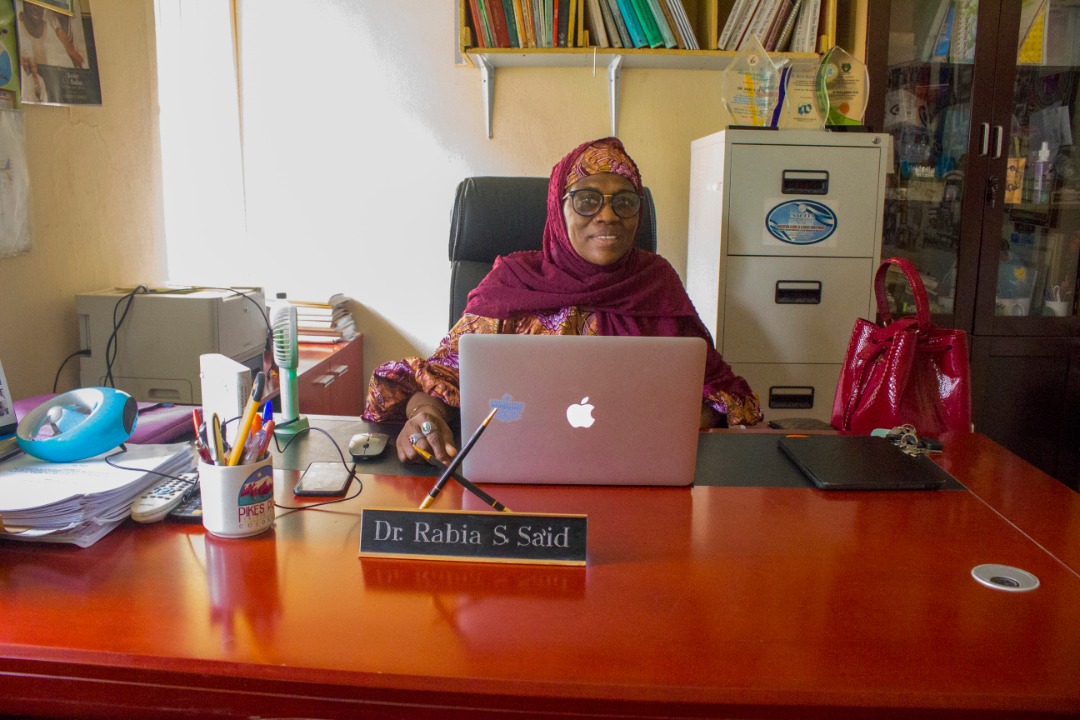
She is a Nigerian Professor of Physics at the Meteorology Department and Faculty of Art and Environmental Science, Bayero University, Kano, Nigeria.
She is a winner of the 2015 OWSD-Elsevier Foundation Award for excellence by career women scientists in developing countries.
Prof Sa’id is a key contributor to nuclear sciences and policies in Nigeria and other countries.
She got married as a teenager, but that did not deter her from pursuing higher education. By the time she got back to the university, she already had four children.
With family support, she was able to face up to the challenges of marriage and cultural roles she was expected to fill to make her mark in science.
Professor Sa’id is currently one of very few scientists specializing in atmospheric physics and nuclear science.
She serves as an inspiration to the Islamic community in her country.
————————————————————————————————————————————————————–
Dr Sylvia Anie
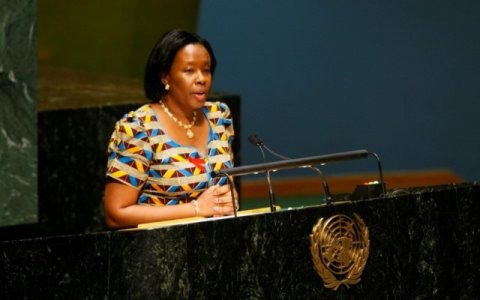
Dr Anie is a Ghanaian scientist (CSci, CChem, FRSC, FRSM, Fellow of the Royal Society of Medicine, UK, Fellow of the Royal Society of Chemistry, UK) known for many notable contributions in science.
In 2015, she was selected and honoured as an African Science Hero and had the opportunity of addressing the UN General Assembly, New York, in 2011 on HIV and Health.
She established the Ghana AIDS Commission with her team and served as Deputy CEO at the Korle Bu Teaching Hospital.
She holds a patent for research and creating a compound relating to the Magnetic Resonance Imaging (MRI) of the Gastro-Intestinal Tract, documented and filed in 1990.
She is currently working with the National Institute of Health Research, UK, on Non-Communicable Diseases in low- and middle-income countries. She further served as the Director of Social Transformations – Health, Education and Gender at the Commonwealth Secretariat, London. Her hard work and perseverance is an inspiration to others.
————————————————————————————————————————————————————–
Dr Plenseh Diana Paye-McClain
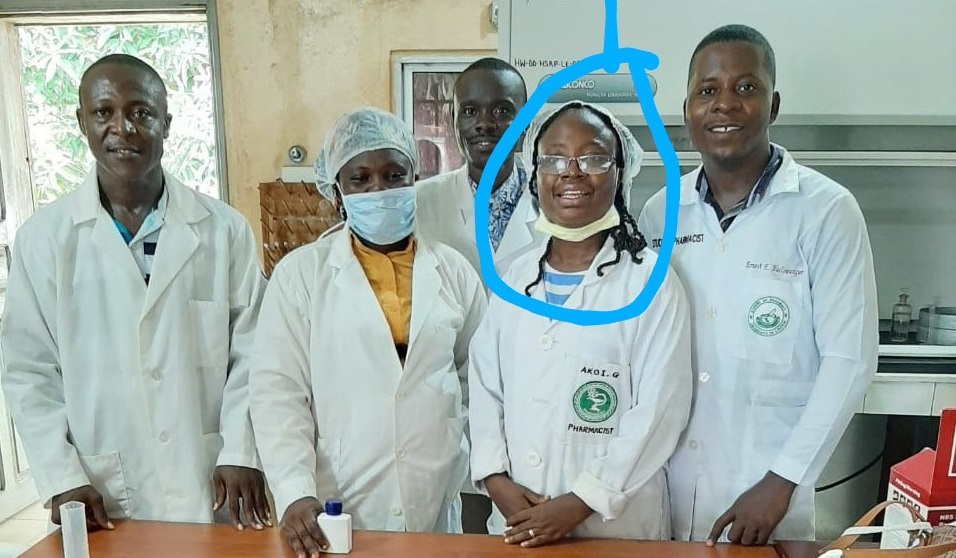
Dr Paye-McClain is an Assistant Professor and Chair, Department of Medicinal/Pharmaceutical Chemistry, School of Pharmacy, University of Liberia.
She had to flee Liberia when she was a teenager to live with her family in Cote d’Ivoire and lost four years of elementary education due to the catastrophic civil war in the 90s.
She lived in a refugee camp with poor hygiene, sanitation and no lavatories.
But that did not deter her from returning to the classroom.
Dr Paye-McClain spent 10 years instead of four to complete her first degree after returning to Liberia.
At a point, she was the only female among 50 male students.
Nevertheless, she persevered to overcome all the barriers.
She later helped with the reformation of some departments of the university.
She juggles her role as a lecturer and assists with the mass production of WHO-recommended hand sanitizers as part of COVID-19 prevention in Liberia.
In 2015, She was involved in the Ebola Vaccine Clinical Trial, where she supervised other pharmacists filling and tagging syringes containing vaccines.
She is an exceptional advocate for a career in the chemical sciences.
————————————————————————————————————————————————————–
Dr Priscilla Kolibea Mante
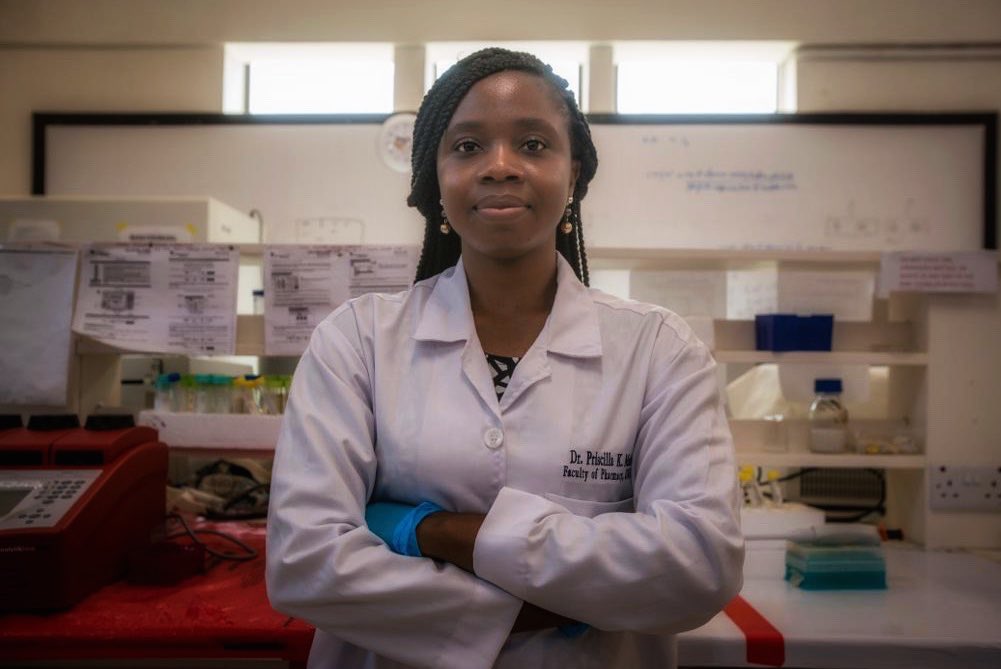
Dr. Mante is a Ghanaian lecturer and neuropharmacologist at the Kwame Nkrumah University of Science and Technology (KNUST), Ghana.
She is at the advanced stages of producing a cure for epilepsy.
In 2019, she received the L’Oréal- UNESCO Women in Science International Rising Talent Award.
Her career journey in a male-dominated field has nurtured her skills in perseverance.
She believes in mentorship and practical experience for students.
Through her personal initiative, she organises exchange programmes with her collaborators in the U.S. for undergraduate mentees to travel and experience advanced technologies.
She is an active participant of Women in Science, Technology, Engineering and Mathematics (WoSTEM), where she mentors young people.
————————————————————————————————————————————————————-
Dr Lébé Prisca Marie-Sandrine Kouakou
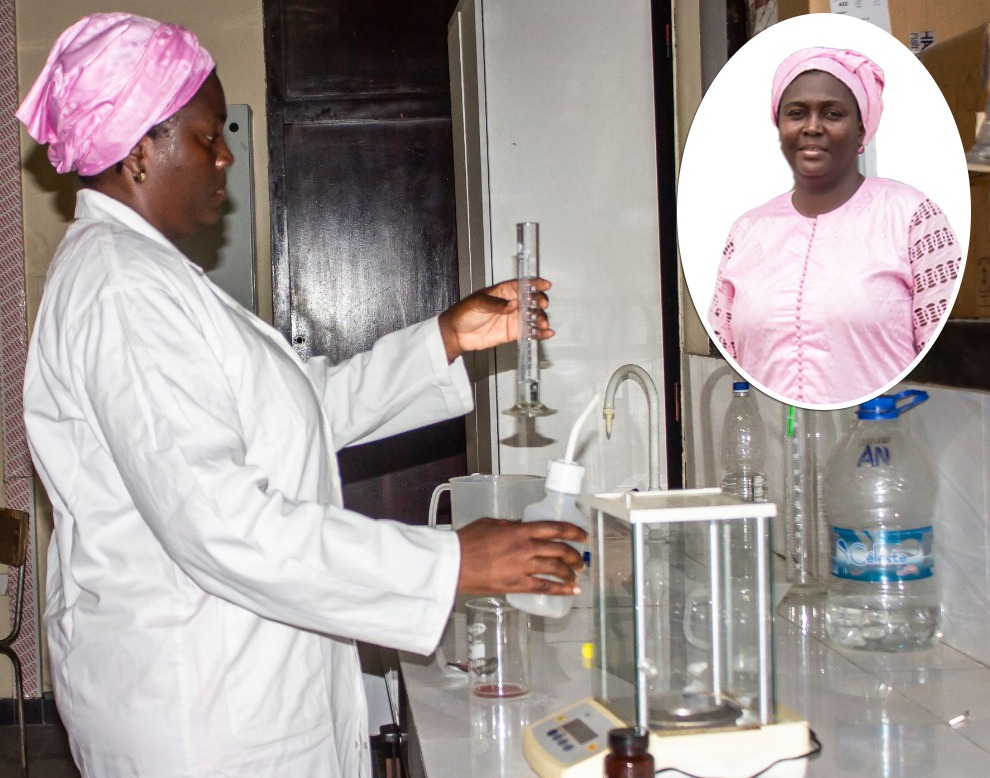
Dr Kouakou is an Ivorian lecturer at the Félix Houphouét Boigny University of Abidjan, Ivory Coast.
She is a leading researcher on the antibacterial effect of some clays to treat diseases.
Through her work, there are treatment methods that employ clay for various conditions like gastrointestinal disorders, especially ulcers.
Clay minerals have been used for therapeutic purposes since prehistoric times.
Another area of her specialty is the use of clay to purify water.
Her research focuses on Surface Water Filtration Using Porous Clay-Based Ceramic Materials and the elimination of organic pollutants and metallic trace elements.
These were used to filter the waters of the Aghien Lagoon, the largest freshwater reserve near Abidjan.
Dr Kouakou shares the pressure as one of the elders of her family.
She was pushed to pursue a less demanding carrier due to her gender. However, she was not deterred and is currently recognized as a leading scientist.
————————————————————————————————————————————————————–
Dr Marie Kolipha-Kamara
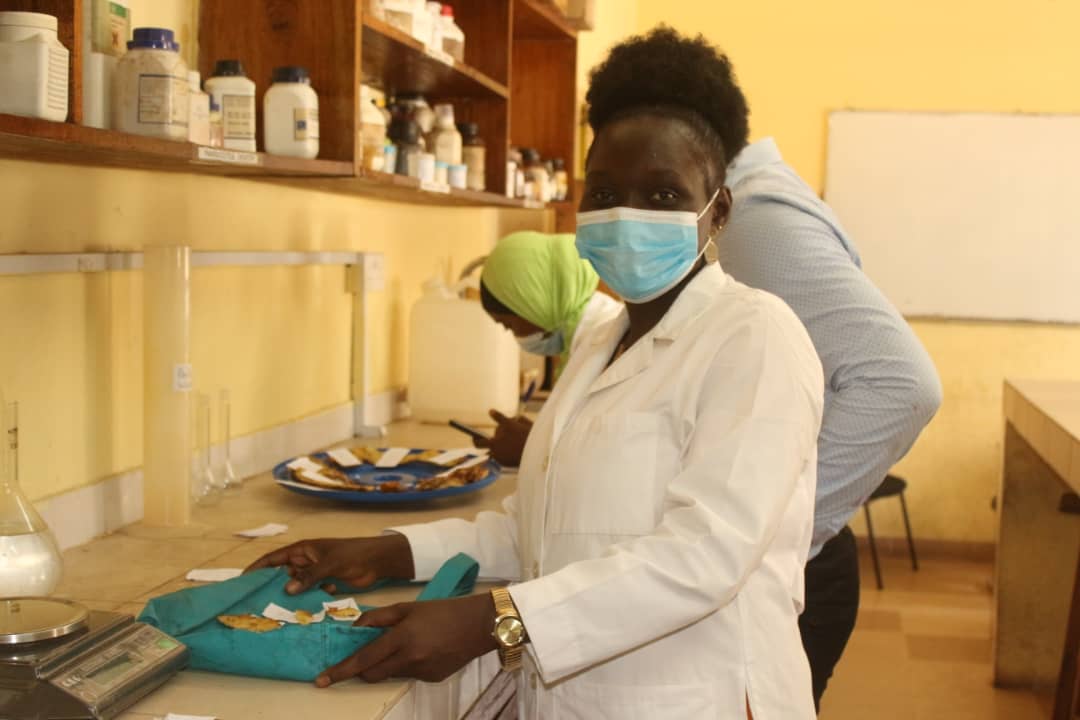
Dr Kolipha-Kamara is the Resident Malaria Advisor for Chemonics International, Freetown, Sierra Leone.
She was instrumental in designing and implementing the pharmaceutical curriculum for a university in Freetown.
She was a near drop-out due to the inability of her parents to afford her education fees.
For someone who nearly missed out on tertiary education, she is a great inspiration for sailing through.
She is currently implementing a USAID project for malaria in her country, Sierra Leone.
She supports the Ministry of Health in forecasting the quantity of the pharmaceuticals and medical supplies needed for malaria treatment and prevention, and procurement of the commodities required.
Dr Kolipha-Kamara also supports the storage and distribution of these commodities to all the health facilities in Sierra Leone.
She helps all the 16 districts in her country to use data to make informed decisions of what they should send to their facilities and use the data to forecast their needs in subsequent years.
In addition to the malaria support, she is also involved with supporting the supply chain for emergency diseases like Ebola and coronavirus.



